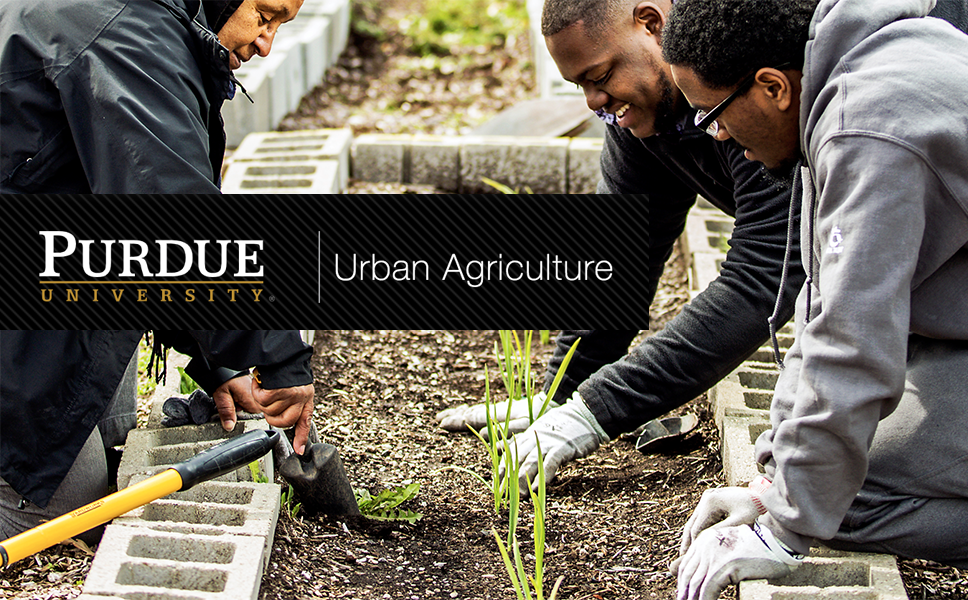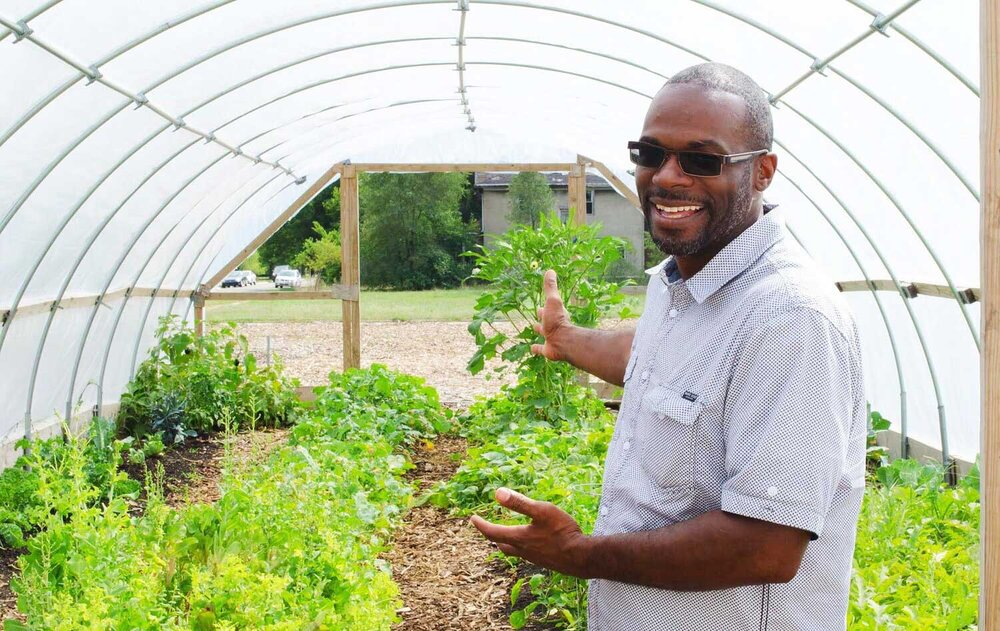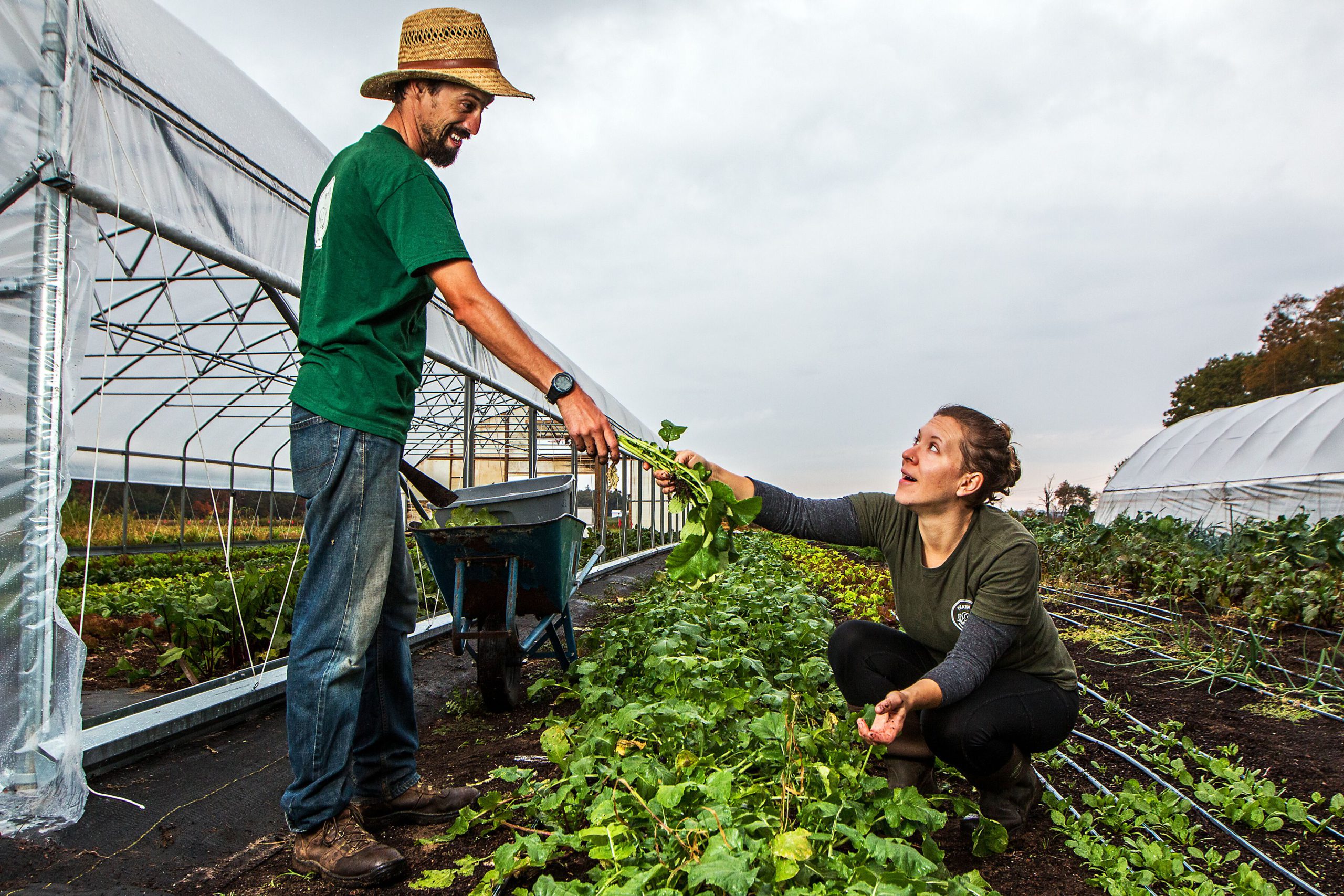The Urban Agriculture Certificate is a new program where students receive in-depth instruction for urban crop production from farm design through harvest techniques. It is 100% online which provides students the flexibility to earn their certificate from anywhere, anytime.
Students will be able to take courses asynchronously and start at any time. Students will have 60 days to complete each course. The full certificate can be earned within a year. Students may register for individual courses; however, they must complete the following four courses to earn their certificate:
- Roadmap for Strong Roots: This course includes topics such as crafting your mission and vision, asset-based community development, setting SMART goals, team building, communicating your vision, and funding your work.
- Agricultural Site Design and Soil Health: This course includes topics such as agricultural site design topics such as designing your urban farm, community garden or market farm. This course also covers topics such as soil health principles, techniques for achieving soil health, composting/vermicomposting, organic production overview, water management, and irrigation.
- Site Assessment for Fertile Ground: This course includes topics such as soil contamination risks, building raised beds on city soils, zoning, and land use agreements.
- Growing Guide for Healthy Crops: This course includes topics such as crop planning, understanding plant growth and plant families for vegetable production, seeding and transplanting, pest management, season extension, food safety on the farm, and harvesting techniques.
Start learning techniques for your urban agriculture landscape today! Register here.
For questions, email agonline@purdue.edu.
Read more about the Urban Ag Certificate through Urban Ag News.
To receive additional information about this program click here.
This certificate follows a curriculum designed by Purdue Extension and is tailored to the dynamics of urban agriculture which occurs at a very small scale (usually an acre or less), at close proximity to non-agriculture land uses, and often in partnership with other individuals or organizations. The audience for this curriculum includes for-profit and non-profit market farmers and gardeners, community garden organizers, school garden leaders, urban homesteaders, and other urban agriculture project leaders.
There are also workshops, trainings, and other events hosted by Purdue Extension and other organizations designed for farmers to learn more about farm business to production. Please visit our events page to learn more about upcoming events.







